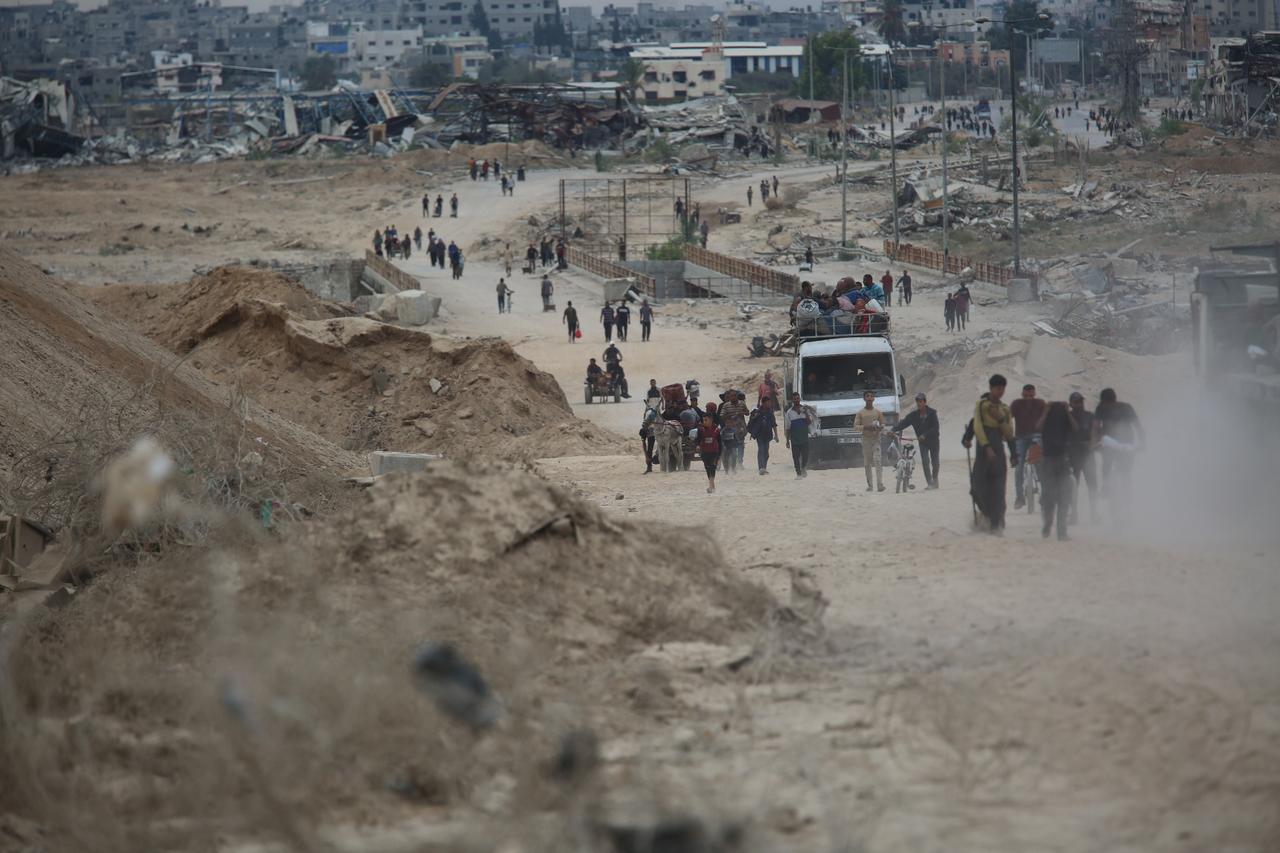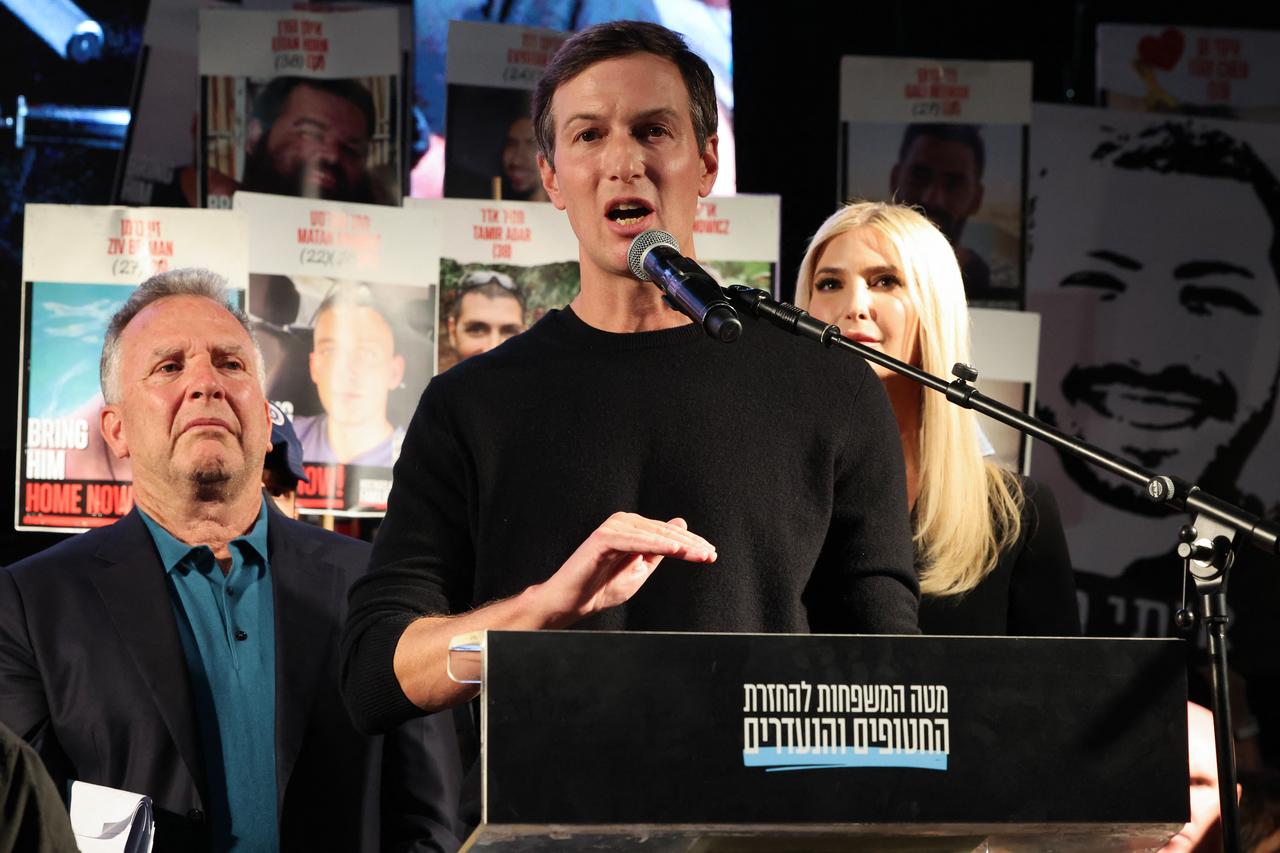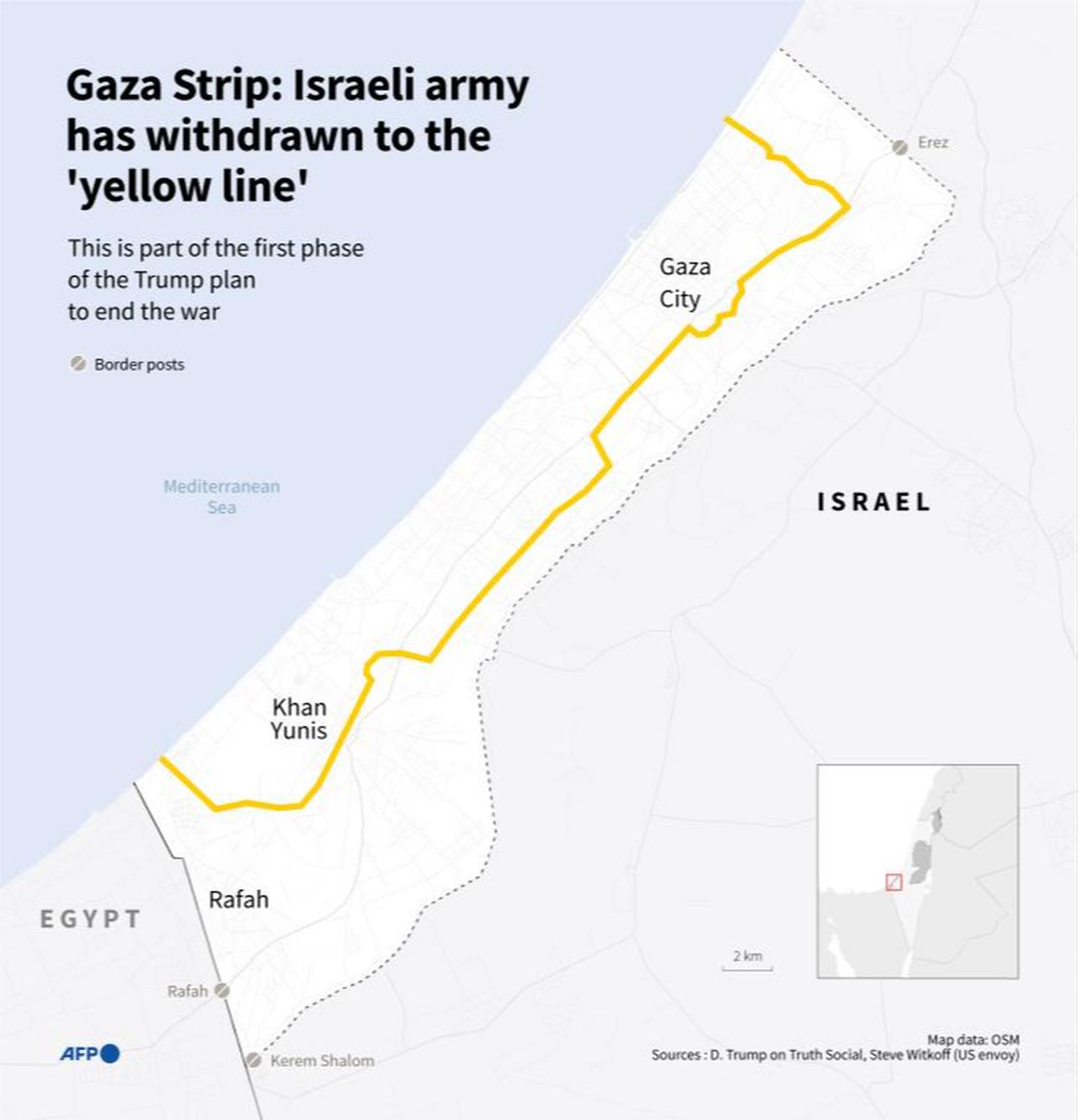
The humanitarian tragedy in Gaza, ongoing for the past two years, appears for now to have come to a halt under the initiative of U.S. President Donald J. Trump.
His intervention signals a new phase. Previously, Trump largely delegated the negotiation process to Qatari and Egyptian mediators, monitoring developments from a distance.
Now, however, he has become an active participant—and more importantly, the architect—of the process. Two recent developments highlight this shift: Jared Kushner’s reemergence in Middle East–focused diplomacy and Türkiye’s inclusion in the Gaza-centered negotiations.
From the outset, Türkiye has emphasized the need for a guarantor mechanism in Gaza. In fact, Professor Umut Uzer of Istanbul Technical University authored a report titled “The Guarantee Model for Palestine: An Alternative Approach to Peace” at the Strategic Research Center of the Turkish Ministry of Foreign Affairs.
Such a framework, Ankara argued, would help prevent escalations between Israel and Palestine before they occur. Israel’s efforts to exclude Türkiye from the table, however, became a major factor in the earlier breakdown of talks. Yet, as matters stand, Türkiye’s position has been vindicated.

Skepticism about the sustainability of the ceasefire is understandable. Previous attempts failed to achieve lasting peace. During those rounds, Türkiye was absent and the Trump administration played only a passive role. Now, the negotiating table has expanded, and Türkiye’s intelligence diplomacy has become fully engaged.
Since the 2006 Palestinian elections, Türkiye has maintained a dialogue with Hamas’s political wing in an effort to foster a constructive political agenda centered on Palestine.
Ankara has consistently insisted that regional disputes be resolved through diplomacy while refraining from interference in Hamas’s internal or operational decisions.
Its core position remains the same: Palestinian political factions must end internal conflict and take concrete steps toward a two-state solution.
Türkiye continues to uphold a principled and stable stance on Palestine. It consistently urges all parties to pursue a solution based on the establishment of a Palestinian state within the 1967 borders, with East Jerusalem as its capital.
Ankara views this as essential to regional stability. Across the Middle East, societies deeply internalize Palestinian suffering, and their anger translates into pressure on national leaders.
Each surge in Israeli aggression intensifies demands for more assertive and interventionist foreign policies.

Through its latest diplomatic initiative, Türkiye has both consolidated its regional influence and met a long-standing demand of its own public.
The Turkish people, who have consistently called for a more prominent Turkish role in Palestine-centered diplomacy and humanitarian efforts, now see this demand fulfilled.
This is significant, as Turkish foreign policy since the 2010s has been premised on aligning external action with domestic sentiment.
The other key development is Jared Kushner’s pivotal role in the ceasefire process.
According to The Wall Street Journal, Kushner—despite holding no official government position—has reemerged as a key behind-the-scenes figure in the Trump administration’s Gaza peace initiative.
He was at the center of the negotiations that led Israeli Prime Minister Benjamin Netanyahu to issue an apology to Qatar, and he personally contributed to drafting the 20-point peace framework.
In parallel with this renewed diplomatic engagement, Kushner continues his business activities through Affinity Partners, an investment firm backed by the Saudi Public Investment Fund (PIF).
Just last week, the firm—together with Silver Lake and the PIF—signed a record-breaking $55 billion leveraged buyout deal to acquire video game producer Electronic Arts.
Moreover, Kushner recently co-founded an artificial intelligence start-up, Brain Co., alongside tech investor Elad Gil and former Mexican Foreign Minister Luis Videgaray.
Taken together, these moves illustrate how Kushner’s renewed diplomatic and financial activism intersects with regional dynamics. His close ties with leaders in the UAE, Qatar and Saudi Arabia, and his deep familiarity with Middle Eastern affairs, have proven decisive.
His resurgence also signals a moderation of the “America First” posture dominant in the MAGA movement.
For Türkiye, this shift suggests Kushner’s recognition of Ankara’s importance in any regionally based, economically driven alliance framework. Hence, Türkiye has assumed an active role in the latest ceasefire process.
The nature of Türkiye’s role in Gaza is now a subject of intense discussion.
It appears that Ankara will contribute a limited military presence to the International Stabilization Force in Gaza. This development marks Türkiye as one of the key actors shaping the Palestinian file.
With Syria long at the forefront of its Middle East policy, the addition of the Palestinian issue signifies a new expansion—particularly toward the Levant. Türkiye’s growing role in regional diplomacy could also open new functions in the conflicts and crises where Trump seeks solutions.
In this context, Türkiye’s mediating role may become more consolidated across several files, including Sudan, the Ethiopia–Egypt dispute, Iraq, Iran, and Afghanistan. Could Lebanon be the next stop for Türkiye?